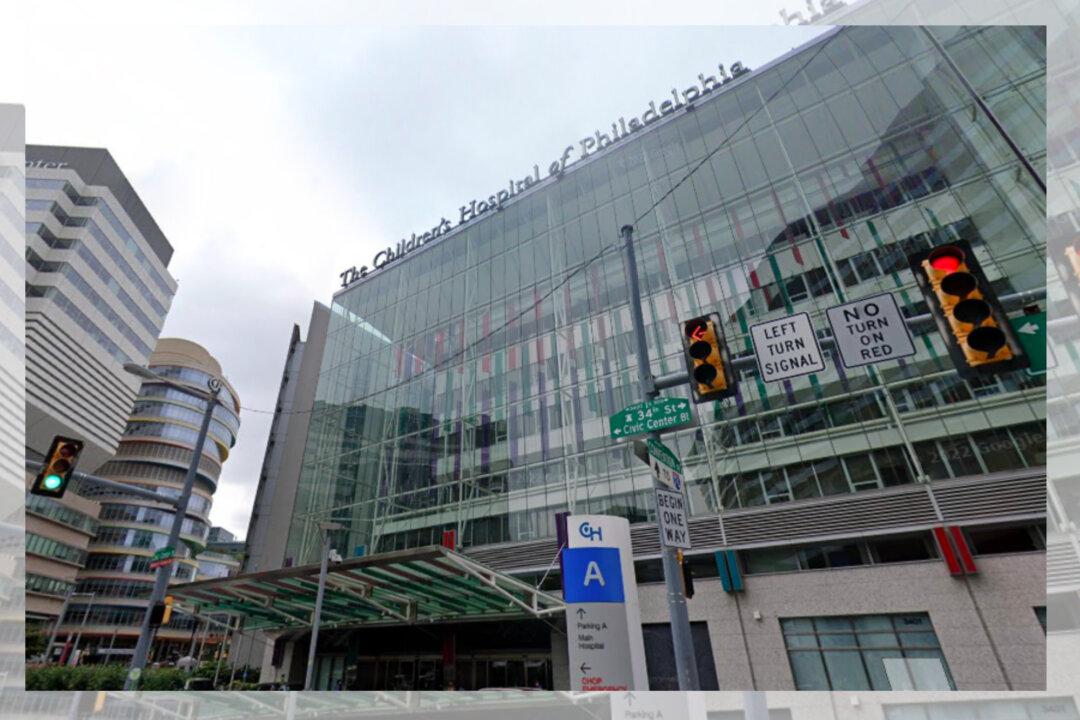The Pennsylvania Department of Human Services gave more than $176,000 over three years to the Gender and Sexuality Development Program at the Children’s Hospital of Philadelphia (CHOP) to create a series of transgender therapy training workshops.
The webinars and in-person training have been taken by more than 1,800 mental health providers and educators between 2018–2022.





